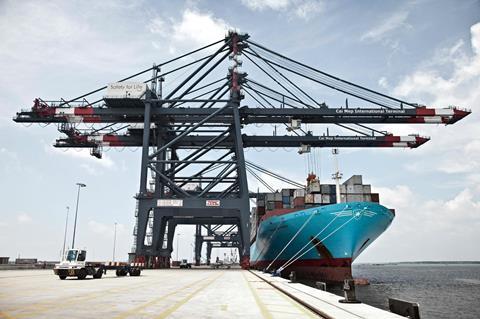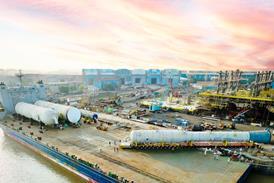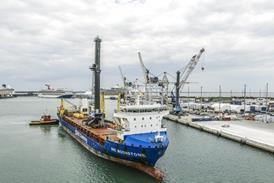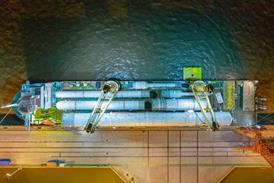The US Senate passed the Ocean Shipping Reform Act at the end of March, following in the steps of the House of Representatives. The two versions of the bill are being reviewed and amended, before a unified version can be handed to President Joe Biden to be signed.

The US supply chain has, like many other countries, been plagued by disruption arising of the pandemic. Senator John Thune, co-sponsor of the legislation with senator Amy Klobuchar, said the legislation, “would level the playing field for American farmers, exporters and consumers by making it harder for ocean carriers to unreasonably refuse goods that are ready to export at US ports. Especially with record inflation in prices of goods, this legislation would also benefit consumers by promoting the fluidity and efficiency of the supply chain.”
The World Shipping Council (WSC) said that the country is looking for solutions to the disruption, but these bills address none of the root causes. “Americans continue to import goods at record levels – so much so that the US ports and landside logistics workforce is unable to process all the cargo. Ocean carriers have deployed every vessel and every container available and are moving more goods than at any point in history, but the US landside logjams are keeping vessels stuck outside US ports. This import congestion is also consuming the capacity and space needed to ensure the uninterrupted flow of US exports.
“While the Senate is taking a more deliberative approach that the House’s flawed process in passing the Ocean Reform Act of 2021, H.R.4996, neither chamber’s version of the bill does anything to fix the landside logistics breakdowns that are at the heart of America’s supply chain problems. In fact, the House bill would make existing congestion worse. Comparatively, the Senate bill – despite carrying some of the same risks of unintended negative consequences – provides regulators enough authority to get the final rules right.”
WSC said that Congress should seek real solutions that take a comprehensive, forward-looking view. “That means continued investment in port infrastructure and promoting communication, innovation, and collaboration across sectors to further strengthen the intermodal transportation system that has supported the US economy throughout the pandemic. The WSC will continue to partner with Congress and other stakeholders on these worthwhile efforts.”













